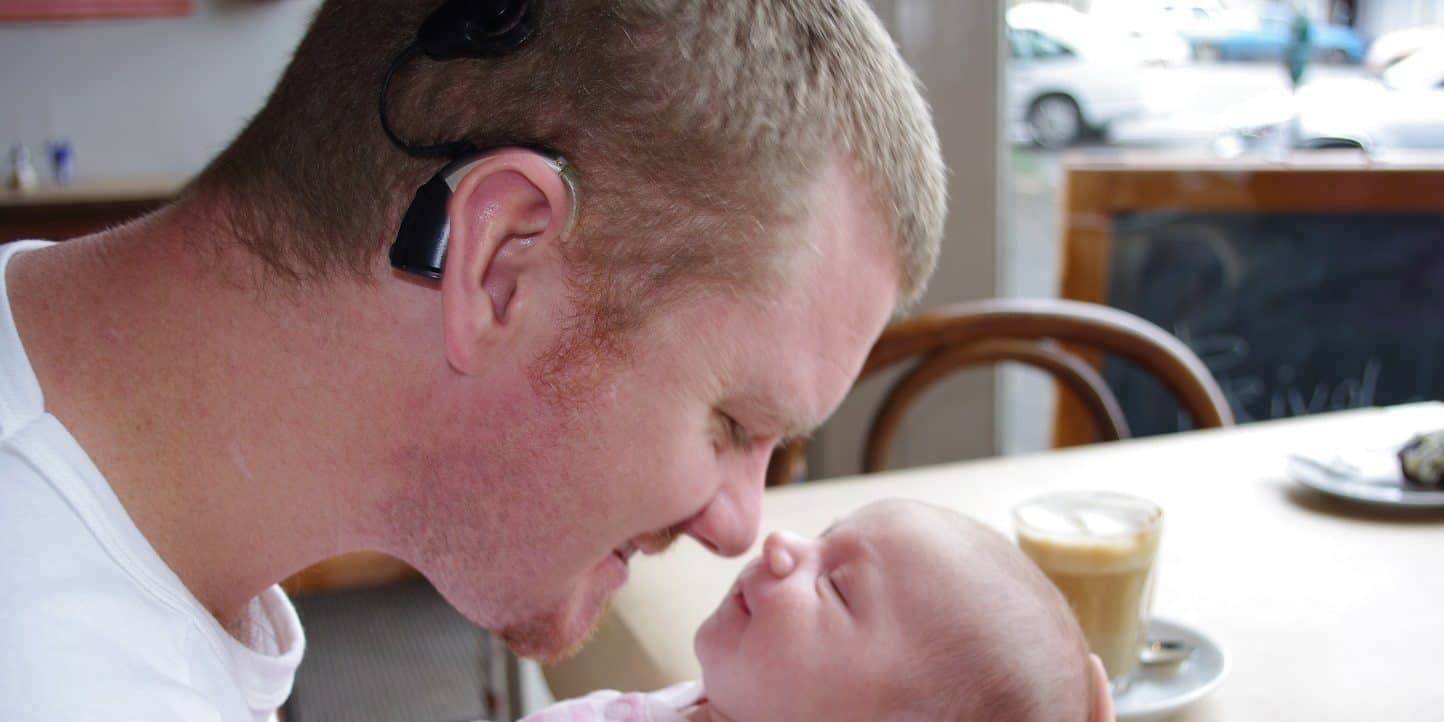Hearing loss compromises a person’s ability to hear and communicate, impacting their social participation, personal relationships and emotional well-being.
Over the last few years, we have explored the social challenges and emotional distress experienced with hearing loss to understand how people living with hearing loss and their support network cope and what they do to manage the challenges of hearing loss.
We included the perspectives of people with hearing loss and their family members or friends. When describing the social impacts of hearing loss, they reported experiencing social overwhelm, fatigue, loss, and exclusion. They described how hearing loss has impacted their identity and how they perceive themselves and are perceived by others. They expressed their emotional distress as feelings of frustration, grief, anxiety, loneliness, and burdensomeness.
Many participants described a lack of effective coping strategies for certain situations and tended to rely on avoidance of social interaction, deepening their isolation and loneliness. The evidence shows that effective coping strategies directly contribute to social connection and feelings of emotional fulfilment.
Coping is an active, purposeful process that includes behavioural, emotional, and cognitive attempts to manage the demands imposed by a stressor.
HEARING LOSS AFFECTS US IN DIFFERENCE WAYS
Coping strategies heavily influence how we experience hearing loss and the subsequent social and emotional challenges relating to hearing loss.
Coping strategies that appeared to provide positive outcomes included:
- Helpful avoidance strategies describe selectively choosing to remove one’s self from a difficult situation without compromising engagement and participation
- Controlling the listening environment includes, for example, improving access to sound (turn up the volume), reducing competing noises (turn down the noise or sit away from the noise) and improving visual cues
- Humour was described as an effective therapeutic tool supporting successful coping with hearing loss through easing discomfort with an unfavourable situation
- Acceptance of their condition
- Seeking and accepting support from significant others is essential in understanding and support.
- Assertiveness was a common theme, with participants describing being assertive in social situations. For example, asking for repeats, letting it be known that they had a hearing loss and needed extra support, or calling out bad behaviour from communication partners (such as ridicule or exclusion) to prevent possible emotional distress.
- Use of communication repair strategies such as asking others to repeat themselves or slow down their speech was an essential skill for maintaining inclusion.
- Use of group support services to improve communication skills, environmental modification skills, hearing device use, and reduce the burden of hearing loss on the individual and their significant other
PEOPLE COPE WITH HEARING LOSS IN DIFFERENT WAYS
Bennett RJ, Saulsman L, Eikelboom RH Olaithe M. (2022). Coping with the social challenges and emotional distress associated with hearing loss: a qualitative investigation using Leventhal’s self-regulation theory. International Journal of Audiology, 61(5), 353-364.






